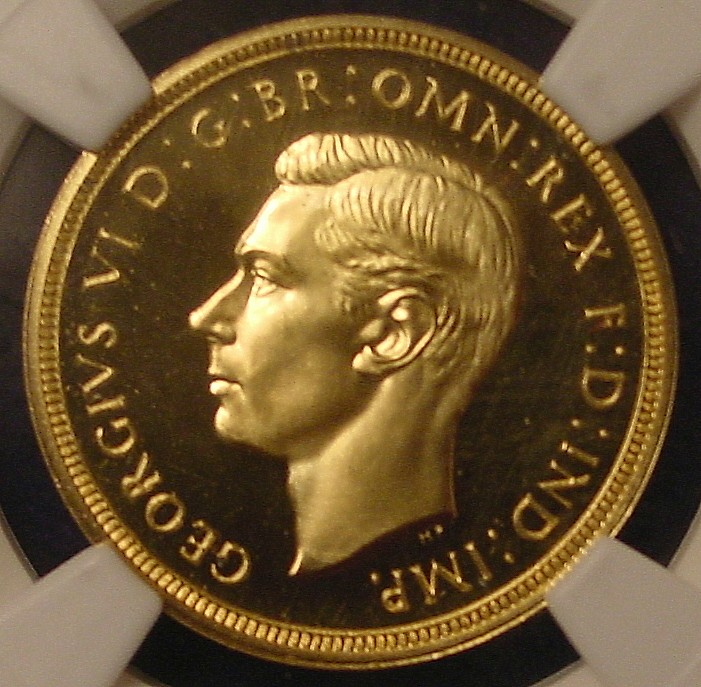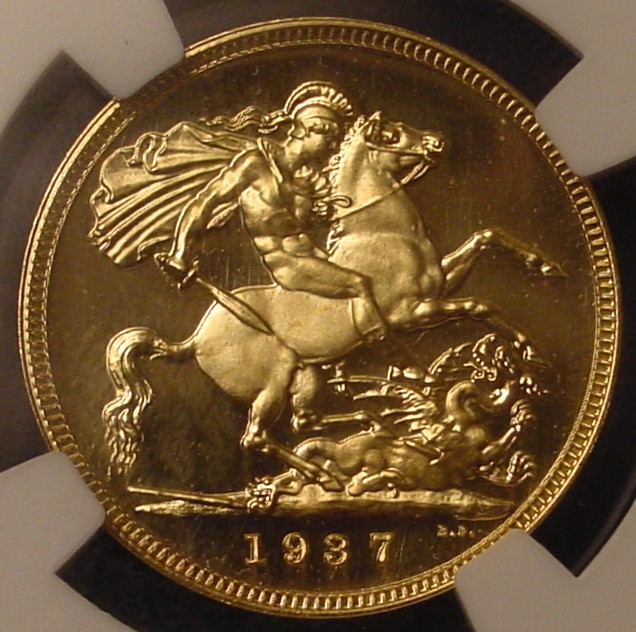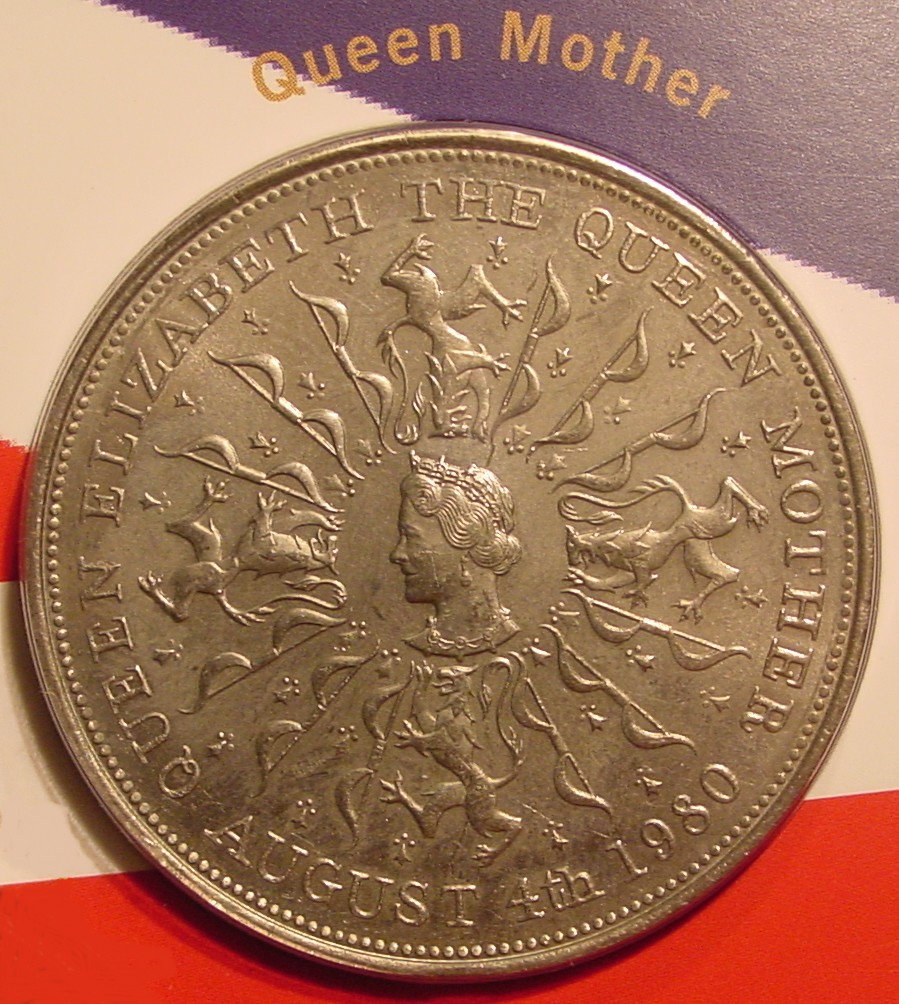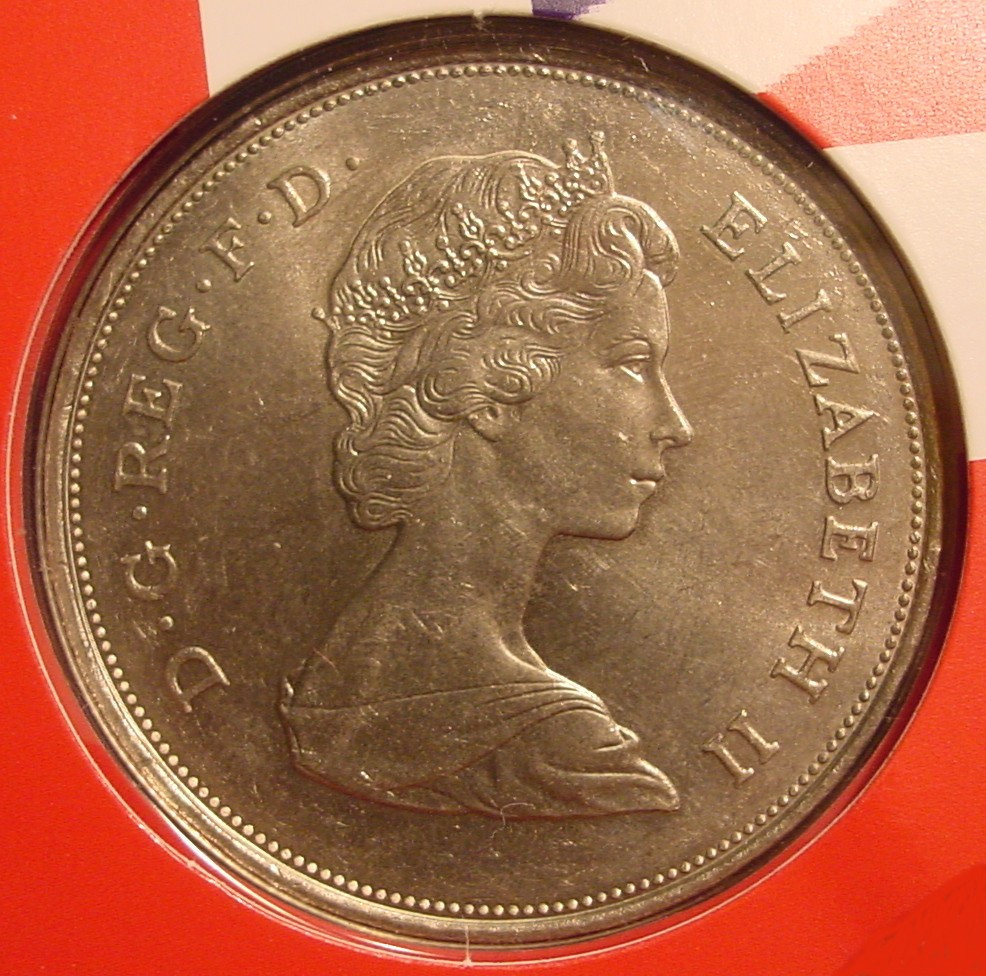British Kings "Bullet Book," George VI, 1936 - 1952


1937 Proof Gold Sovereign
• George VI never expected to be king, but the abdication of his brother, Edward VIII, brought him to the crown. ‘
• Like his father, George V, George studied to be in the navy. At first he was a poor student, but gradually he found his bearings and became an accomplished sailor.
• George suffered from stammering, which made public speaking embarrassing and awkward for him. He studied under Australian speech therapist, Lionel Logue, who coached him to overcome those difficulties, although not entirely. The history of this era in the king’s life is portrayed in the Academy Award winning film, The King’s Speech.
• Because George was not expected to become king, his parents allowed him some latitude when it came to selecting a wife. His choice was Elizabeth Bowes-Lyon who was a peer. (Her father was an English earl.) She refused his proposals of marriage twice because she did not want to live in the royal “fishbowl.” She accepted George’s third proposal. It turned out to be one of the best royal marriages in British history. She was very supportive of the king and a source of strength in her own right. Later she would become known as “the Queen Mother” and would be the most beloved of all of the royal family.
• George was an awkward king at first, but the crisis in Europe quickly tested his ability to react to the situation. Hitler was on the march, and European politicians were searching for answers.
• George supported Neville Chamberlain’s appeasement policy when Chamberlain handed Czechoslovakia to Hitler proclaiming “Peace in our time.”
• When the war broke out in 1939, George gave a radio address to rally popular support for the war effort. Prior to then George had already made preparations for the coming war by making tours of Canada and the United States. He made a lasting bond with U.S. President Franklin Roosevelt and First Lady, Eleanor.
• George did not care for Winston Churchill at first, but the two formed a lasting friendship as the war continued. Churchill had supported George’s brother during the abdication crisis, which had not sat well with the future king.
• Churchill and George came to admire each other greatly. They shared information and strategy at their weekly Tuesday lunches.
• Although the royal daughters, Elizabeth and Margaret, spent much of their time in the relative safety of Windsor Castle, George and Queen Elizabeth stayed in London at Buckingham Palace during the German Blitz. Bombs landed on the palace grounds, at one point landing 30 yards from where the king and queen were sitting.
• George toured the bombed out areas and met with those who had suffered the loss of property and loved ones. He shared in the rationing of scarce goods and resources. He marked the bath tubs in Buckingham Palace to the low ration fill levels, used his tools to manufacture weapon parts and recycled cloth for his collars and cuffs whenever possible.
• Queen Elizabeth (NOT the current queen) became a source of inspiration and strength as much as her husband. Her contributions to the war effort even prompted Hitler to say that she was “the most dangerous woman in Europe.”
• George endeared himself to the British public during World War II because he shared in their sacrifices. René Massigli, who was the French ambassador to the Court of St. James penned this excellent quote:
If the “greatness” of a king can be measured by the extent of which his qualities responded to the needs of a nation at a given moment in history, then George VI was a great king, and perhaps a very great king.”
• The strain of World War II and the fact that George was a heavy smoker effected his health. He suffered from arteriosclerosis, and added the strain of dealing with papers that showed his brother’s Nazi sympathies increased to his burdens. He had those papers destroyed.
• Winston Churchill was voted out of office, and that led the British Government to a leftward bend under Clement Attlee. George’s sympathies for the working class helped him deal with the new government.
• England withdrew from India, and the country was partitioned into India and Pakistan.
• George had a part of a lung removed from lung cancer. After that he quickly declined and died on February 6, 1952.


A 1980 commemorative crown made a play on words with the Queen Mother’s name, Bowes-Lyon, with the depiction of lions and bows on its reverse.
Comments
Very rare pattern 1946E shilling in COPPER NICKEL, not the 0.500 silver....
Well, just Love coins, period.
Lost this one on Davidsons but still love the strike.
Well done @Billjones!
GVI was an example of a true monarch. someone who gave their all and then some for their country. He adapted well to the changes, particularly with politicians like Churchill, Chamberlain and Atlee.
For me as a collector - from circulation he is the earliest monarch I can find coins from in regular circulation, particularly cents and five cent coins from Canada.
Great Post Bill
Steve
Great thread indeed! The movie "The Kings Speech" is excellent if anyone here hasn't seen it.
My YouTube Channel